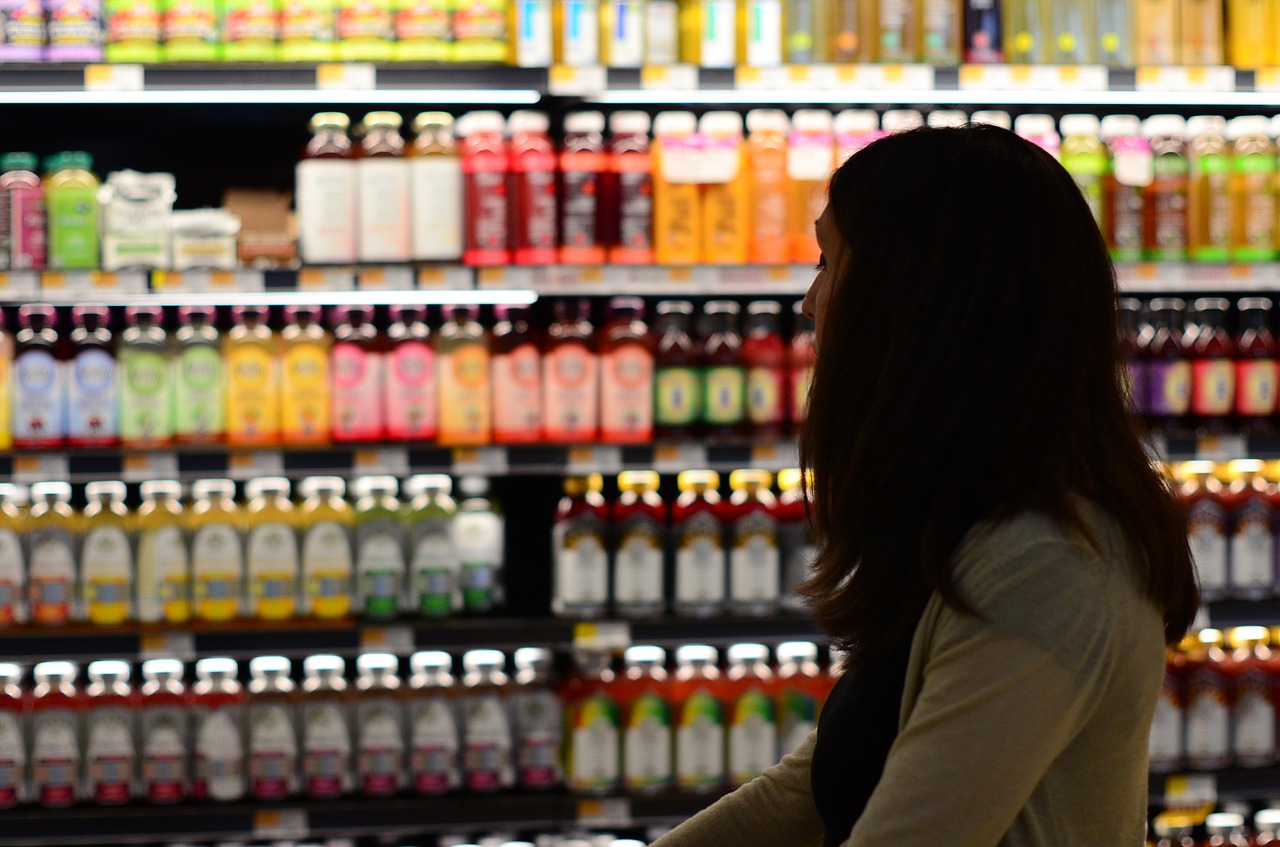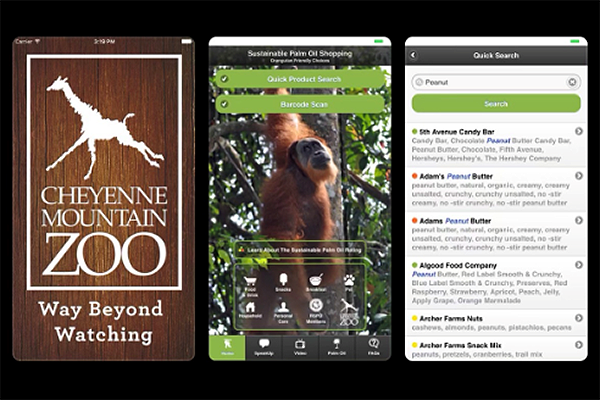The collective power of discerning shoppers can influence manufacturers in favor of using ingredients and materials that are less destructive to the environment, including orangutan habitat. However, choosing products that contain sustainably-produced ingredients isn’t always easy.
Many of the products we use contain ingredients or materials that come from faraway places. For example, 85% of all palm oil comes from the islands of Borneo and Sumatra. More than 50% of the products in the average grocery store contain palm oil or an ingredient that was made from palm oil, according to the World Wildlife Federation (WWF).
We know that orangutans and other species are losing their habitat and are being killed on an unprecedented scale as a result of palm oil production. Wildfires, chemical pesticides, and fertilizers also wreak havoc on natural vegetation and soils. This disruption creates problems for animals and humans, especially when local people live or work close to these plantations. The decaying remains of destroyed forests and fires set to clear the land for agriculture also make a significant contribution to climate change.

You can do your part as a consumer by becoming aware of the issue, learning to identify palm oil and palm oil-derived ingredients, and only purchasing products that use sustainably-produced palm oil.
Unfortunately, it isn’t always easy to tell whether a product contains a palm oil ingredient, and if it does, whether it’s certified as sustainable. There are hundreds of palm oil-related ingredients, and products that contain sustainable ones don’t necessarily state that on their labeling. Even if the word “sustainable” appears on the label, there’s no guarantee that the claim is true rather than “greenwashing.” So what is a socially-conscious shopper to do?
Smartphone apps like the Sustainable Palm Oil Shopping app can help you choose more sustainable products. Simply scan a product’s barcode to find out whether it’s orangutan-friendly.
This app and others like it rely on information from organizations like the Roundtable on Sustainable Palm Oil (RSPO), which certifies sustainably-produced palm oil products. The RSPO’s goal is to make sustainable palm oil mainstream. Currently, only 19% of all palm oil is certified under RSPO.
 Screenshots from the Cheyenne Mountain Zoo's Sustainable Palm Oil Shopping app.
Screenshots from the Cheyenne Mountain Zoo's Sustainable Palm Oil Shopping app.
If your favorite product contains palm oil or a derivative but isn’t in the app, ask the company that makes it if it’s certified sustainable. If they don’t know or don’t reply, find an alternative and let them know you’re changing brands. It only takes a minute to reach out to a company on Twitter or Facebook. We have the power of the purse to encourage good behavior by the companies that are making vast profits in the developing world.
Shop Smart - Download the Sustainable Palm Oil Shopping App
While organizations like Greenpeace and Rainforest Action Network have criticized certification programs like RSPO’s as weak and ineffective, the short answer is that they’re better than nothing. No program, however well-intended, is perfect.
If cheaters aren’t identified and punished, they have no incentive to change. While there are mechanisms within the RSPO to hold cheating companies accountable, RSPO wants to make compliance the normal way of settling complaints, rather than enforcement. Most companies within the RSPO have made commitments to achieve the goals of the organization so consumers can trust that the products they purchase don’t harm wildlife. However, vigilance from within the group and from the outside is needed.
Palm oil is here to stay for the foreseeable future for several reasons:
For these reasons, many environmental organizations believe that supporting certified sustainable palm oil will better protect rainforests than boycotting palm oil entirely.